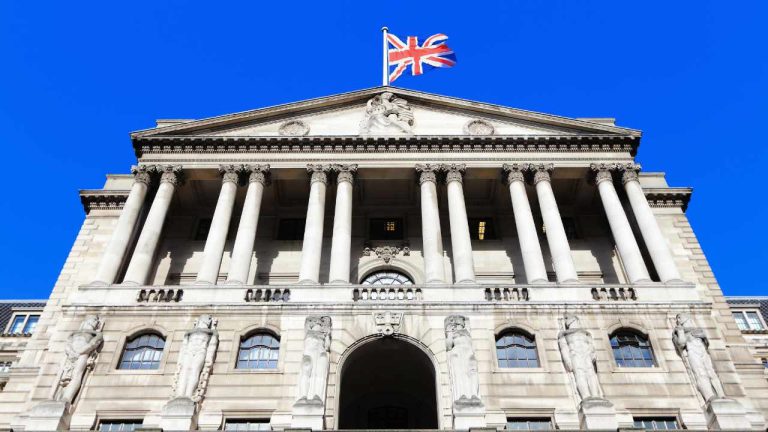Bank of England Analysts See Crypto Having Important Roles in the Metaverse — Discuss the Need for Regulation

Bank of England’s analysts say crypto assets could have important roles within the metaverse. “Widespread adoption of crypto in the metaverse … would require compliance with robust consumer protection and financial stability regulatory frameworks,” they added.
Bank of England’s Analysts on the Metaverse, Crypto, and Regulation
Bank of England’s economist Owen Lock and policy analyst Teresa Cascino published a blog post titled “Cryptoassets, the metaverse and systemic risk” Tuesday.
“Cryptoassets could have important roles within the metaverse,” they began, cautioning:
If an open and decentralized metaverse grows, existing risks from cryptoassets may scale to have systemic financial stability consequences.
“Widespread adoption of crypto in the metaverse, or any other setting would require compliance with robust consumer protection and financial stability regulatory frameworks,” they stressed.
Lock and Cascino explained that “The open metaverse will require a means with which to own and transact digital objects which are interoperable between virtual worlds,” elaborating: “We think cryptoassets are well placed to play an important role here.”
They detailed:
If a sizable open-metaverse materialized, households may hold a greater share of their wealth in cryptoassets to make metaverse-based payments or for investment purposes.
Furthermore, corporates may increasingly accept crypto payments for goods and services, and sell digital assets, such as clothing non-fungible tokens (NFTs), in the metaverse, they added.
The authors also pointed out that non-bank financial institutions may increase their crypto holdings if a growing open-metaverse improves the investment prospects of crypto assets and their supporting infrastructure.
Lock and Cascino noted that “This evolution of the metaverse is uncertain,” adding that their view is a possibility, rather than a certainty.
“That said, were these exposures to materialize, a cryptoasset risk crystallizing could result in: balance sheet losses for households and corporates, an impact on unemployment, fire-sales of traditional assets from non-banks to meet margin calls on cryptoasset positions, and negative profitability impacts on exposed banks,” they warned.
“All else equal, the larger the size of the cryptoasset market, the larger the risks are and the more systemic they might become,” the authors concluded, emphasizing:
An important step is therefore for regulators to address risks from cryptoassets’ use in the metaverse before they reach systemic status.
Do you agree with the Bank of England economist and policy analyst? Let us know in the comments section below.
Comments
Post a Comment